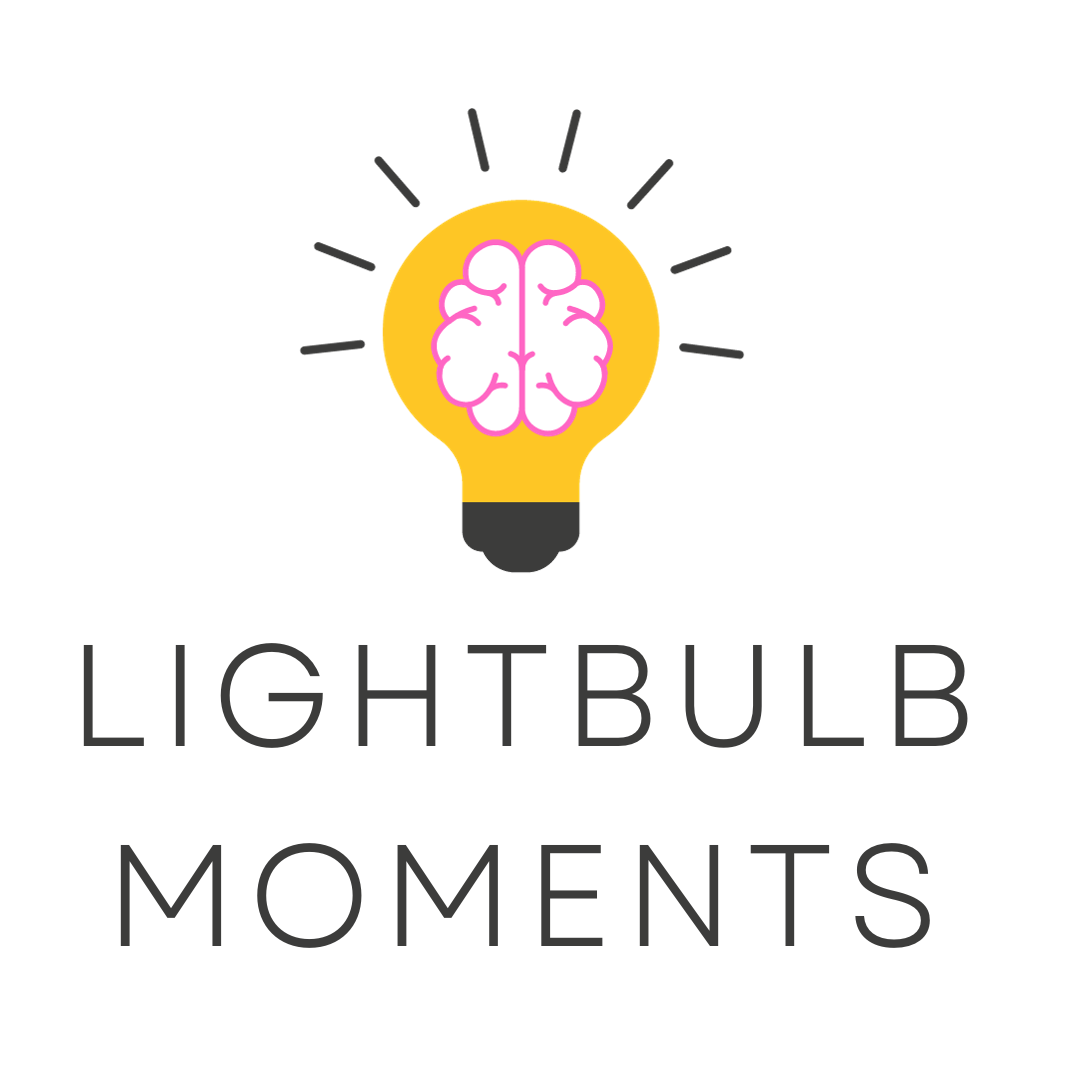Dimorphous Expressions
OK so stay with me this week, it's going to be intense and unusual in equal measures :). It'll also be interesting and insightful too (I hope!).
So... Have you ever seen something just so cute that you grit your teeth?
Have you ever said "I'm just so happy I could cry?" or have you ever laughed at something that when it was wildly inappropriate and then felt bad about it? Well don't, and I'll tell you why. You're just experiencing dimorphous expressions!
What is dimorphous expression?
Dimorphous expression is basically a way for your brain to regulate intense emotion. Imagine you're experiencing an intense feeling towards a super cute animal, your brain essentially (or literally) can't deal with the cuteness and so as a way to combat the overload throws in there an opposite negative response that you feel simultaneously. There's an actual term for this specific type of dimorphous expression - cute aggression! (I'll pop a link in the comments in case you want to learn more).
We have an affectionate saying in our house - "You're so cute I just want to rip your face off". It's absolutely a term of endearment and an indication of intense love in this case. In basic terms here's what happens...
You experience an intense emotion
Your brain recognises the intensity of the emotion and recognises it can't cope with it
It then creates an opposite AND equal emotion to counter the intensity
You experience two intense feelings at once which are opposites and it feels like it doesn't make sense
Why are you telling me such random stuff Jenni?
Because it's cool - obvs. and also because sometimes we experience these intense feelings and think that there is something wrong with us. Sometimes we are experiencing something but we just don't know how to put the words to what we are experiencing - so now you know ;) and you've got the words.
From a neurodiversity perspective sometimes I find I experience emotions so intensely that I probably have more dimorphous expressions than most. And that can be exhausting! This is just my personal perspective and I'd love to hear from others who are neurospicy as to whether this resonates with them!
We tend to grow out of the physical reactions to dimorphous expressions but not the emotional ones. Have you ever been playing with a toddler and they're having a great time and then they bite you? That's the physical reaction to the dimorphous expression.
What else is interesting about this? How does it it relate to me in real life?
Dimorphous expressions can be a bit of a pain, especially when it is in a work situation but remember they ONLY occur when you're experiencing an intense emotion. If this isn't you in your day to day working life, they won't have too much of an impact. That might not be true for others though, so keep an eye out for them and know that if they happen that the person isn't in control of their response.
The big takeaway today from me is that dimorphous expressions are completely normal. They are a cool response that your brain has created so that the intensity of feeling that you're having doesn't overload you.
So go ahead be free to cry with laughter, have excitement at a funeral, and think someone is so cute that you just want to smush it's face in.
Slightly tangental in topic this week, but I decided it was cool psychology and that's what Lightbulb Moments is all about!
I'd love to hear from you if you experience this (research suggests up to 60% of the population does) but for now...
Toodles! xx



